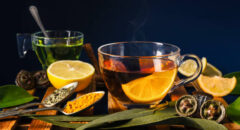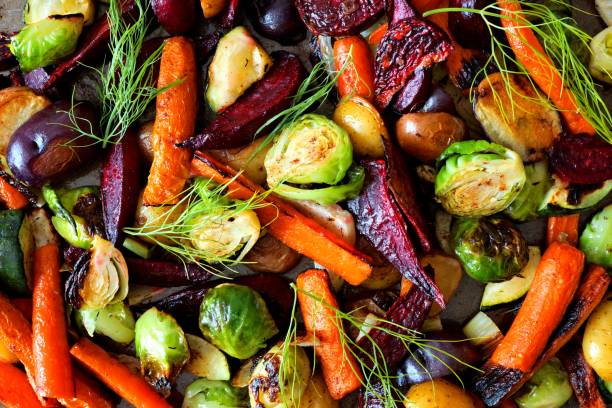
There are several issues that people with ulcerative colitis have to deal with. One of those issues is the symptoms of a flare-up, which can include stomach pain, fatigue, diarrhea, and bleeding when using the restroom. While it’s important to prevent these flares, you must also learn how to take care of yourself if they occur. Choosing the right foods during that time can be a great way to do that.
5 Foods That Can Help With Your Stomach Pain
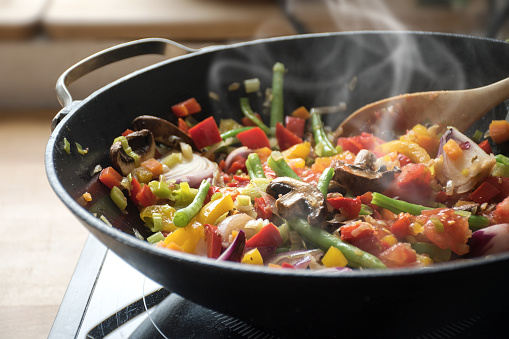
1. Cooked Vegetables
If you eat the kinds of foods that put your digestive system under stress, your symptoms are likely to get worse. That’s why you should stay away from raw vegetables that are high in fiber such as broccoli, kale, cauliflower, Brussels sprouts, and cabbage.
It’s best to stick to cooked, bland vegetables like carrots, asparagus, cucumbers, and potatoes. You’ll know that all the fiber has been broken down when the vegetable is soft enough to be mashed with a fork.
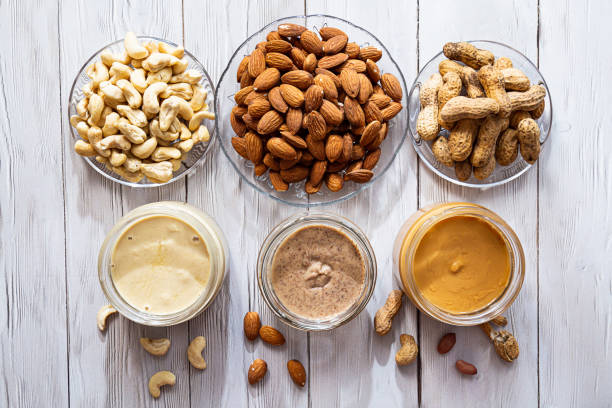
2. Nut Butter
Since nut butters have been processed to be creamy, it won’t take much for your stomach to digest them. Though nuts are usually a healthy snack, they can be difficult to manage during an ulcerative colitis flare.
Some options include peanut, almond, and cashew butter. You can have them on white bread or saltines, which also won’t upset your stomach.
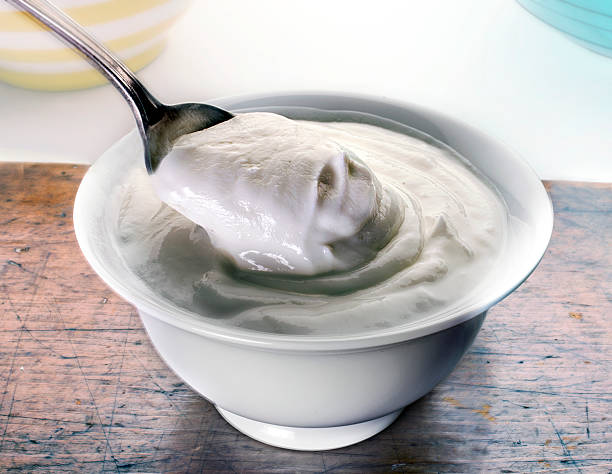
3. Probiotics
While it’s generally advisable for you to avoid dairy products when you’re having a flare, studies show that yogurt can be helpful to settle an upset stomach. That’s because live microbial cultures in yogurt may encourage a healthy gut microbiome that in turn can ease abdominal cramps.
If you’re not comfortable with eating yogurt, probiotic supplements are another option.
RELATED: 4 Common Complications Of Ulcerative Colitis
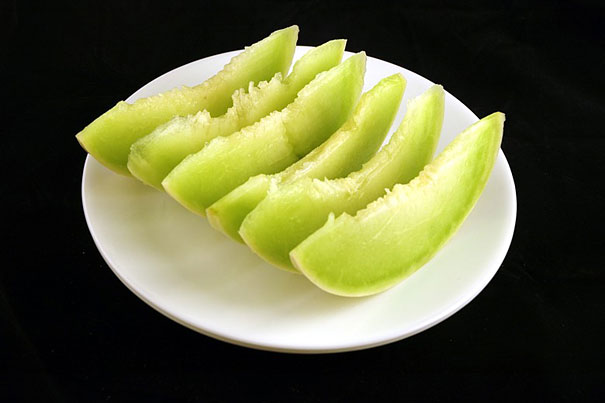
4. Low-Fiber Foods
As mentioned before, your digestive system can’t manage fiber well when you’re dealing with a flare. However, some fiber can be good. The best option is to reach for foods that have the minimum amount of fiber that your stomach can handle.
You can eat cooked fruits and honeydew melon. Generally, bananas aren’t recommended but doctors have found that very ripe bananas





